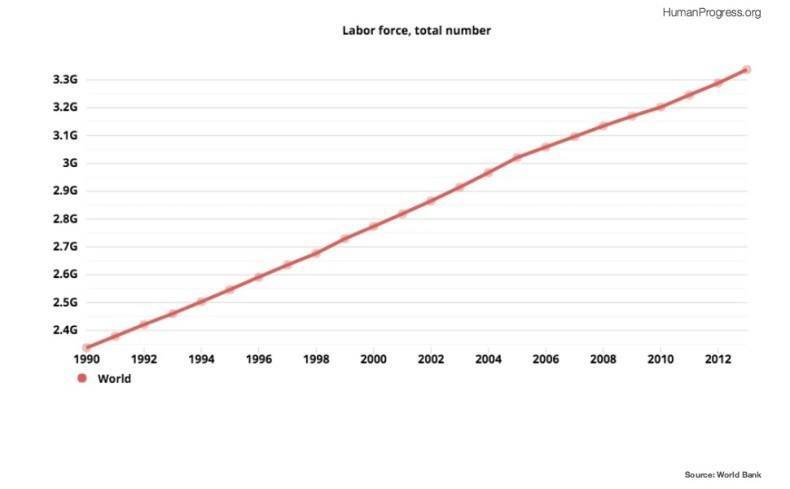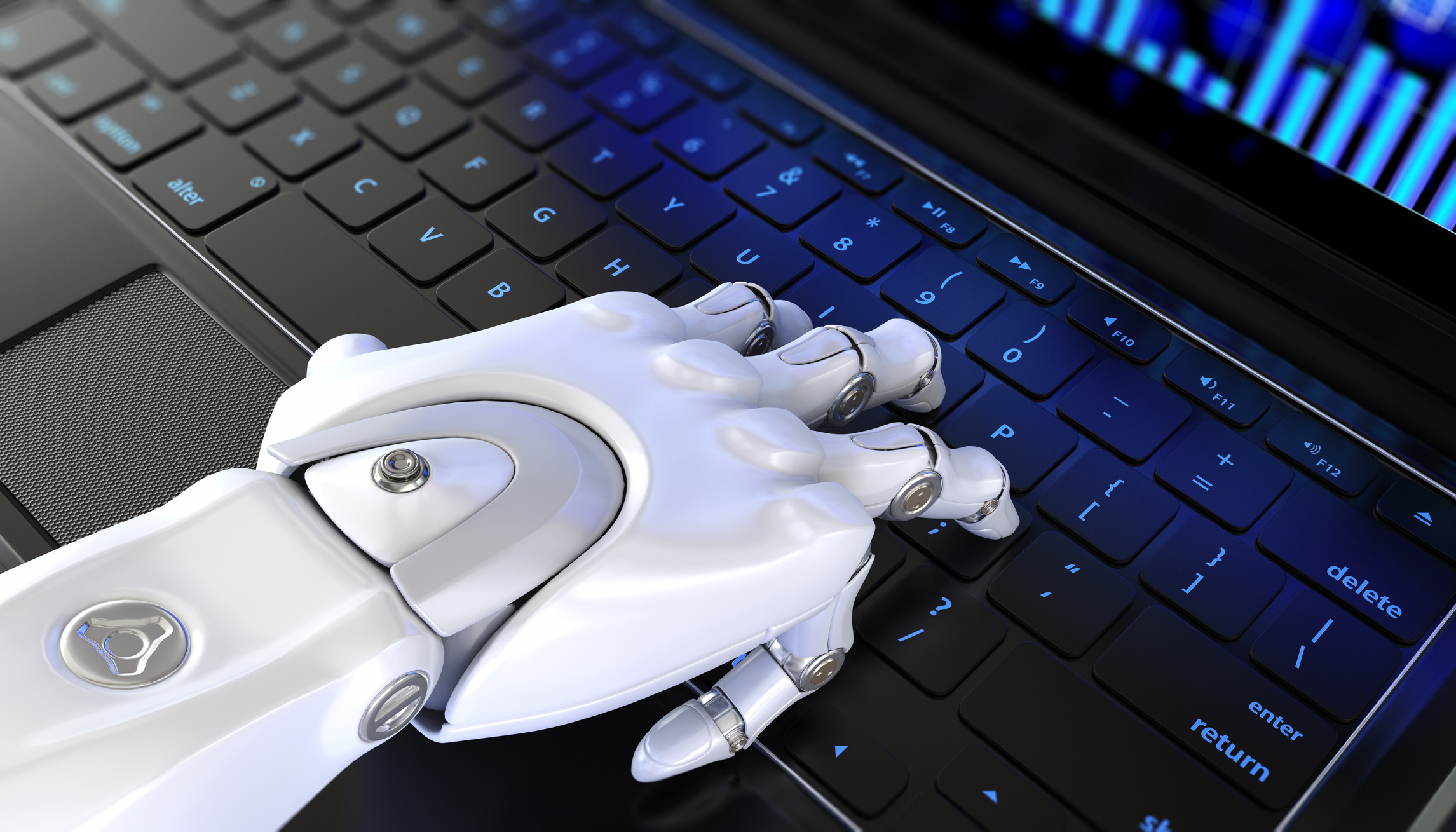I recently had an opportunity to chair a Cato Institute forum on the future of robotics entitled, “Will a Robot Take Your Job?” Present were Randy Bateman, a long-time investor in robotics, and Adam Keiper, editor of The New Atlantis. The forum yielded important areas of agreement, but also raised serious questions about robots and the future of work. Previous economic revolutions – agricultural, industrial and digital – profoundly altered established labor patterns, but did not eliminate the need for human input. By reducing not only the need for human hands, but also for human brains, robots threaten to do just that. But, if human labor does become obsolete, what will that obsolescence mean for the social fabric and for our sense of who we are?
The robotics revolution is not the first time that humanity has had to deal with profound economic change. Ten millennia ago, our hunting and gathering ancestors, who survived by foraging since the dawn of our species some 200,000 years ago, discovered agriculture. Prior to farming, small groups of homo sapiens roamed the earth. Whatever they killed or found, they divided up among themselves, giving rise to some decidedly egalitarian features of our “human” nature. With agriculture came stationary lifestyle, long term planning that including saving and investment, more extensive and sophisticated understanding of property rights, and wealth accumulation. Conterminously, humans developed governing hierarchies, from kings protecting life and property, and judges resolving disputes and disbursing punishment, to priests tasked with guaranteeing rain and plentiful harvests. Agriculture and feudalism replaced hunting and gathering, and humanity has adapted.
Fast forward to 250 years ago and the industrial revolution, which started in Great Britain and then spread to other parts of the world. Humanity has developed new materials, such as sheet glass and steel, new energy sources, such as electricity and petroleum, new means of transport, such as steam and internal-combustion engines, and new machines, such as the spinning jenny and the power loom. The factory system led to increased division of labor and specialization, as well as a massive increase in the production of manufactured goods and international trade. Increased urbanization led to improvements in sanitation, education and political awakening among ordinary men and women. The concomitant collapse in agricultural employment – American farm workers declined from 40 percent of the labor force in 1900 to 1.5 percent today – was bemoaned by many a doomsayer. Yet, real per capita income in the world increased from $3.50 per day in 1820 to $33 in 2010. Farming and feudalism gave way to democracy and capitalism, and humanity has adapted.
The 1970s saw the start of the digital revolution, which continues to this day. The rapid advances in science and technology greatly increased the speed and reduced the cost of microprocessors and microprocessor-based computing. Personal computers, cell phones and the internet became ubiquitous in our homes, workplaces and on campuses. Analog computing, photography, cinematography, television and radio have all converted to digital technology. Mail, telex, telegrams, typewriters, payphones, compact cassettes and VHS have either disappeared or are about to disappear. As was the case with the agricultural and industrial revolutions, the digital revolution caused much economic dislocation, but it did not result in mass unemployment. In fact, in spite of a still growing global population, overall employment continues to expand. Instead of being replaced by computers, humans have come to provide the underpinning infrastructure for digital computing. Just think how frustrating it would be if you could not call the “tech guy” when your computer goes down. In other words, humanity has adapted.

Today, we are witnessing the dawn of a robotics revolution. In the near future, robots will undergo exponential growth in terms of their ability and application. The change ahead offers us an incredible set of opportunities. We will eliminate dangerous, dirty and demeaning jobs, while exploring and exploiting two thirds of the earth that are inhospitable to human beings. But, robotics also poses a unique set of challenges. Previous economic revolutions reduced the need for human hands. Robotics threatens to reduce the need for human brains as well. According to one report, loan officers, receptionists, paralegals, salespeople, drivers, security guards, fast food cooks and bartenders might find themselves without a job in the near future. Down the line, the expansion of artificial intelligence might make even the highest of skills obsolete.
If past truly is prologue, humans will adapt. Perhaps there is a way of winning the evolutionary “arms race” with the machines by fusing with them. Plugging our brains into a larger matrix is certainly imaginable, but will the emergent species still call themselves homo sapiens or will they become, to coin a phrase, homo roboticus? And, does it matter? Other potential “futures” are much less compelling. Failure to adapt would result in an ever increasing portion of our species without recourse to meaningful self-application. We could become jobless, pointless, bewildered, lazy and fat. Let’s call that species homer simpsonicus.
Personally, I suspect that the former vision of the future is more likely than the latter. In 1830, just as the industrial revolution gathered speed, the British historian Thomas Babington Macaulay noted,
“In every age everybody knows that up to his own time, progressive improvement has been taking place; nobody seems to reckon on any improvement in the next generation. We cannot absolutely prove that those are in error who say society has reached a turning point – that we have seen our best days. But so said all who came before us and with just as much apparent reason. … On what principle is it that with nothing but improvement behind us, we are to expect nothing but deterioration before us?”
On what principle indeed!
This piece first appeared in CapX.

